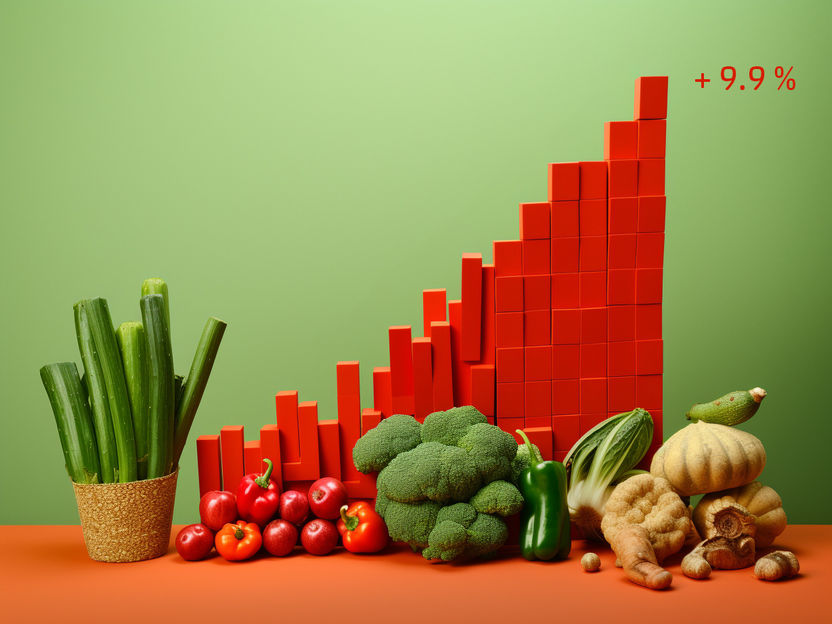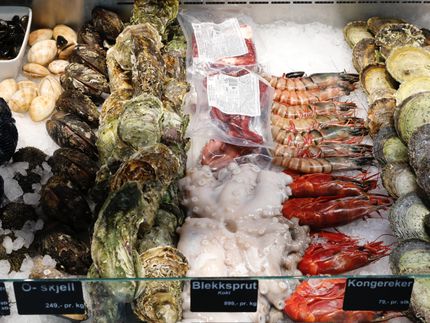Germany: Food and energy keep inflation high
Inflation rate of +6.1% in August 2023
Advertisement
The inflation rate in Germany - measured as the year-on-year change in the consumer price index (CPI) - was +6.1% in August 2023. In July 2023, the inflation rate had been +6.2%. "The inflation rate thus remains at a high level," says Ruth Brand, President of the Federal Statistical Office, adding, "Price increases for food and energy are above the overall inflation rate and keep the inflation rate high. In August, the base effect of the 9-euro ticket from the previous year once again made itself felt, increasing the inflation rate and overlaying the price-dampening effect of the Deutschlandticket. This base effect will cease to apply as of next month." As further reported by the Federal Statistical Office (Destatis), consumer prices rose by 0.3% in August 2023 compared with the previous month of July 2023.

symbolic picture
computer generated picture
Food remains price driver with +9.0% compared to August 2022
Food prices increased 9.0% year-over-year in August 2023. Although food price inflation slowed (after +11.0% in July 2023), price increases for many food groups remained well above overall inflation. In particular, consumers had to pay noticeably more for sugar, jam, honey and other confectionery (+17.1%). Bread and cereal products (+13.6%), vegetables (+12.4%) and fish, fish products and seafood (+11.5%) also became noticeably more expensive within the year. By contrast, edible fats and oils were 13.9% cheaper than a year earlier.
Inflation rate excluding energy and food at +5.5 %.
In August 2023, the inflation rate excluding energy was +5.9%. The inflation rate excluding energy and food was slightly lower at +5.5%, showing that food prices are still clearly shaping overall inflation. This indicator, often referred to as core inflation, likewise illustrates that inflation in other goods sectors also remains high. In July 2023, the consumer price index excluding food and energy was also +5.5%.
Note: This article has been translated using a computer system without human intervention. LUMITOS offers these automatic translations to present a wider range of current news. Since this article has been translated with automatic translation, it is possible that it contains errors in vocabulary, syntax or grammar. The original article in German can be found here.

































































